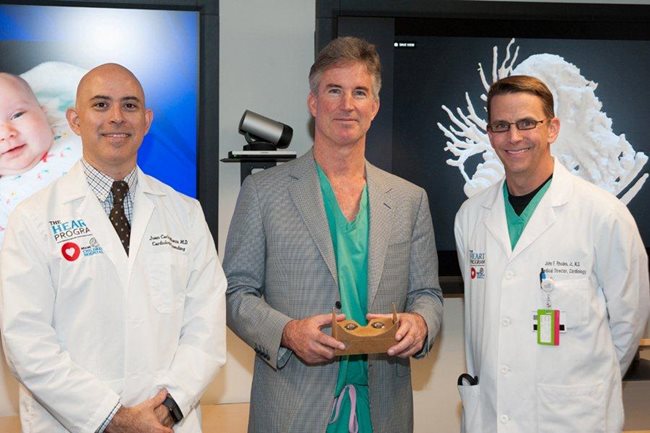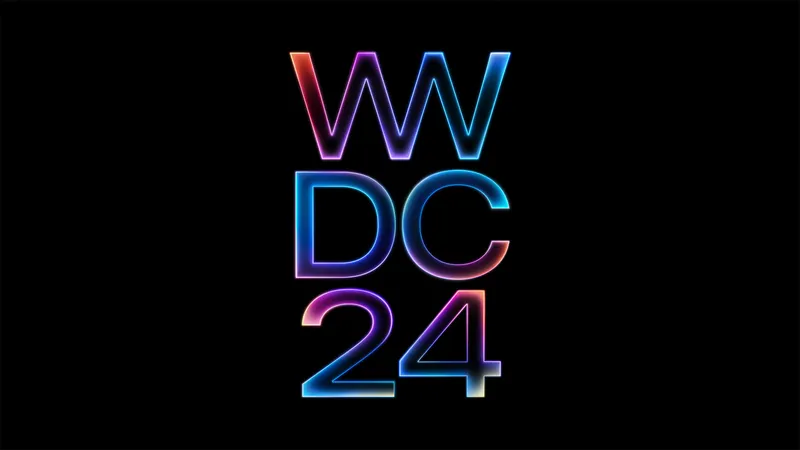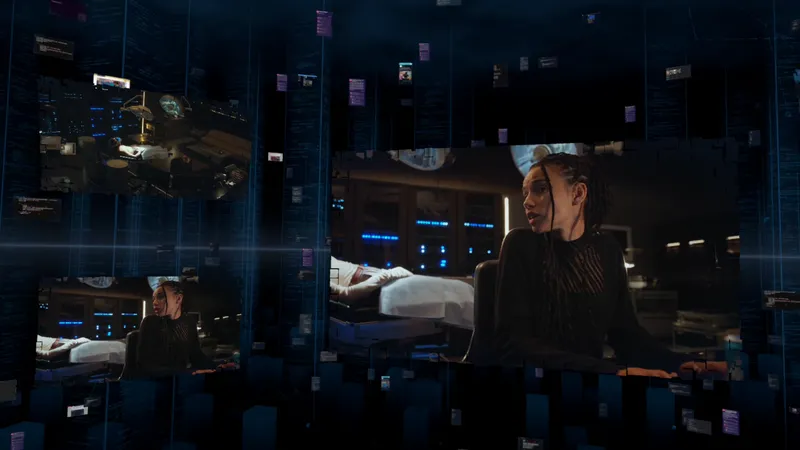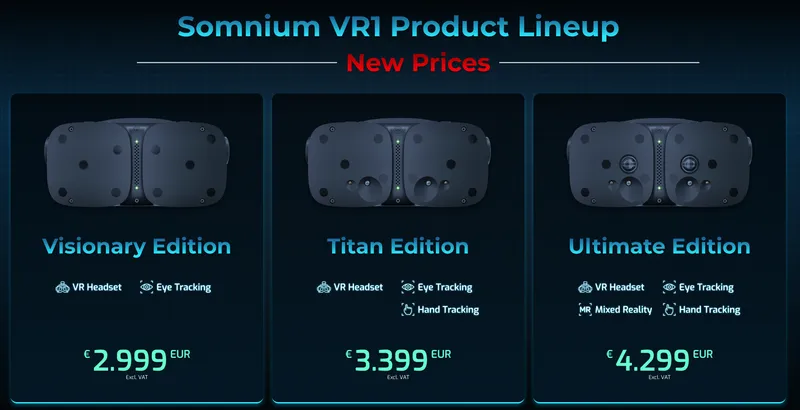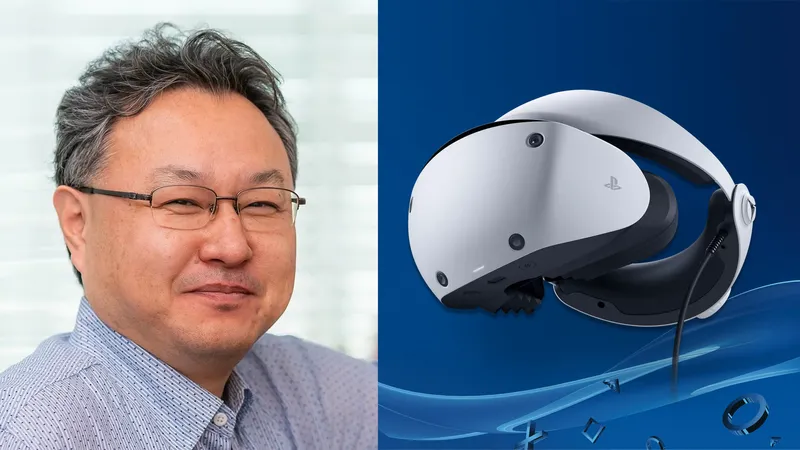Tonight at the Upload Collective in San Francisco medical experts from around the nation are gathering in order to discuss the future of their field. Specifically, they will be examining the phenomena of virtual reality and working toghether to decide how best to leverage this breakthrough technology towards the goal of medical advancement.
Primarily, the members of this panel will be attempting to determine whether VR is just an overhyped ship passing in the night, or if it does actually represent a powerful potential weapon in the medical fields ever expanding arsenal.
There are certainly incidents to support the former point of view. Late last year, a doctor in Florida was able to save the life of an infant girl by performing what other physicians believed to be an impossible procedure.
The difference was made for this surgeon by a simple Google Cardboard headset, which he used to image the young patient’s heart more thoroughly than traditional methods could have allowed.
VR is also being used by psychologists, to treat a myriad of mental issues and phobias.
Summits like tonight’s show that these smaller stories are starting to gather steam and propel medical VR in front of decision makers who write procedures and decide on best practices.
Tonight’s panel was produced and will be hosted by Ondrej Homola – the CEO and founder of two 3D production companies: LifeLiQe and Corinth.
One day VR in medicine may be no more a story than if a doctor were to use an MRI machine or a stethoscope. But for that to happen influential physicians need to weigh in. People like the five doctors listed below:
Dr. Walter Greenleaf
A VR pioneer in healthcare and a Distinguished Visiting Scholar at Stanford University, Dr. Greenleaf has developed virtual environments for the treatment of phobias, anxiety disorders, and post-traumatic stress disorder (PTSD). Dr. Greenleaf is a research scientist, entrepreneur, and medical product developer. He is known internationally as an early pioneer in the medical application of virtual environment technology and is viewed as one of the founders of the field.
Dr. Michael Carter
A former adviser to Steve Jobs and Vin Cerf, Dr. Carter has worked with the Health Games Research Program, UC Santa Barbara, the Veterans Health Research Institute and Apple’s Worldwide Sales Training and Communication. Dr. Carter has developed games that help veterans recover from trauma. He is also experienced in designing excellent education games on mobile and is currently creating new gaming design for VR and AR projects.
Beth Rogozinski
In her leadership role, Beth is on the cutting edge in healthcare in using virtual reality, mobile apps and predictive analytics in building PEAR’s digital therapeutics platform that directly boosts medication efficacy. Beth is also prominent in the AR space within ed-tech, as well as working to bring more women into the rapidly growing field of VR and AR. Beth is also a producer and creative director of Madame Mars, a project whose vision is to inspire young women and girls to pursue careers and opportunities in the space sciences:
Michael Beaudoin II
As Associate Director of AT&T’s Aspire Accelerator, Michael designed and operates the Aspire Accelerator, so he will be talking about the biggest surprises and learning he experienced from launching Aspire. Michael will also be speaking about his experience in working with ed-tech companies and with developers. He will also be able to answer questions such as: what are the typical mistakes they see ed-tech companies doing when creating their products? Are all their startups just ed-tech? What are pitfalls ed-tech can learn from mobile and when adopting VR and AR what should be avoided?
–
For more information about the upcoming panel discussion or to register head over to the panel’s Eventbrite page.


